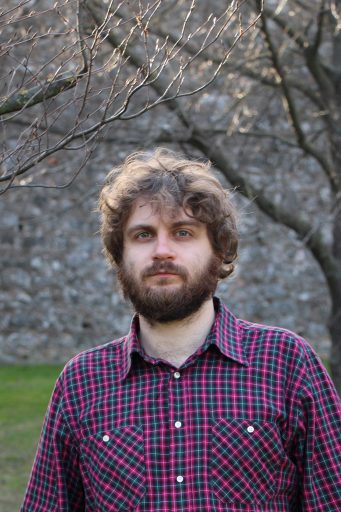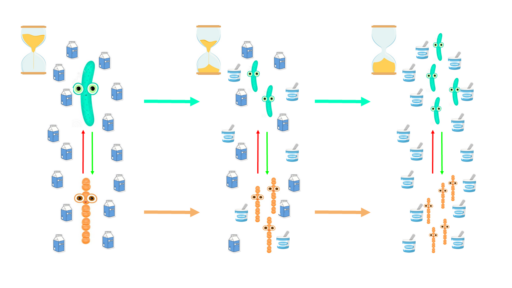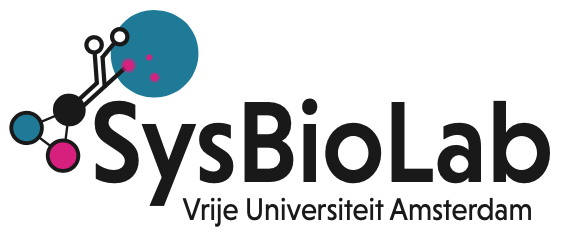Francesco Moro

O|2 building, room 01W01
f.moro@vu.nl
Microorganisms in their natural environment always live and evolve in communities. And, when different species and strains come together, each one with different capabilities and adaptations, they will inevitably affect each other in both positive and negative ways.
My project part of E-MUSE (https://www.itn-emuse.com/), a MSCA ITN which aims to develop innovative modelling methodologies to better understand these complex biological systems and the interactions which drive them. We are combining mechanistic methods from system biology with artificial intelligence and other data-driven approaches to control and/or predict microbial consortia assembly and evolution.
In my project, I’m focused on the role of cross-feeding, i.e. cooperation via the exchange of metabolites. This is a key feature of microbial communities, but it is still only partially understood. Multi-scale modelling is particularly suited to study this behaviour, since it emerges from metabolic strategies of the single organisms, but it’s then shaped by the ecological interactions in the whole community.
I’m currently investigating cross-feeding in yoghurt started culture, which are a great example of microbial consortia driven by positive interactions.


Recent Comments